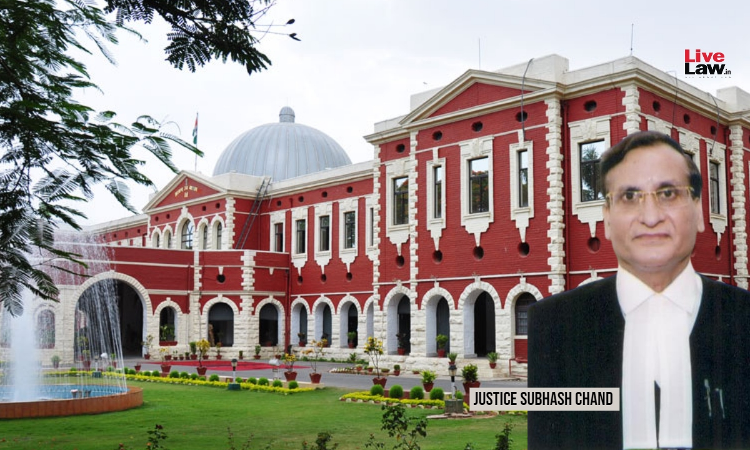Renewal Commission Of LIC Agent Is Hereditary: Jharkhand High Court Affirms Compensation Of ₹1.14 Crores To Widow
Bhavya Singh
6 Dec 2024 2:30 PM IST

Next Story
6 Dec 2024 2:30 PM IST
The Jharkhand High Court has recently ruled that the renewal commission earned by a deceased LIC agent is hereditary and payable to the widow irrespective of whether the death is natural, homicidal, or accidental.The court held that this commission cannot be deducted from the loss of dependency amount in compensation claims.Justice Subhash Chand, presiding over the case, observed, “The...
